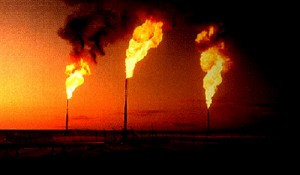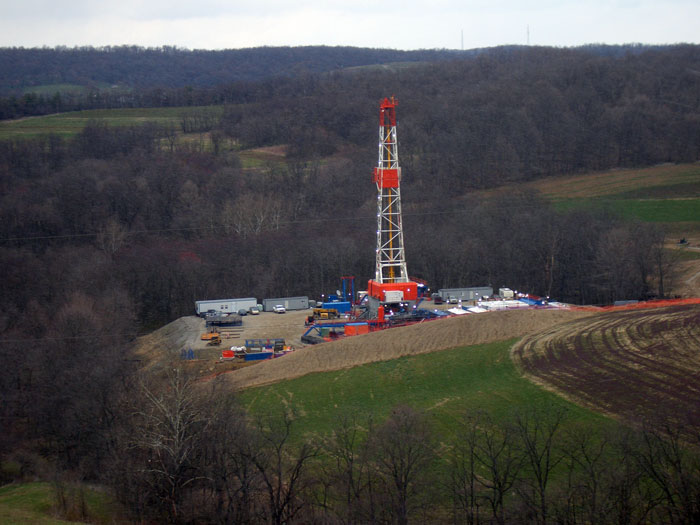6 item(s) were returned.
Today the aviation industry is responsible for about 2% of all GHG emissions. Experts predict that by mid-century, this number could triple without policies designed to combat aircraft emissions due to rapid industry growth. In response, the International Civil Aviation Organization’s (ICAO) Committee on Aviation Environmental Protection (CAEP) has been negotiating a CO2 emissions standard for aircraft emissions with representatives from its member states, industry and non-governmental organizations. On February 8th, the CAEP unanimously approved a draft measure paving the way for final approval in 2016. If the ICAO emissions standards are approved by the ICAO’s 36-State Governing Council, the… [more]
View InsightFounder and CEO
SMART WATER, SMART CITY LLC
Around the country, a new conversation is emerging among municipal leaders and utility executives as they explore the energy/water nexus. While Senator Murkowski started the discussion at the federal level in 2014, local leaders are just beginning to question the impact of the energy/water nexus. The water/energy nexus deals with the need for water to produce energy, and for energy to treat and distribute clean water. Water infrastructure is an essential public service in any city and is intrinsically linked to energy. Smart technologies and smart strategies for water and energy utilities are needed to address conservation challenges and form… [more]
View InsightEconomist
Environmental Defense Fund
Throughout most of the country, residential electricity customers pay the same price for electricity regardless of when it is consumed. Such flat rates mask the fact that true system costs vary over time according to electricity demand. Prices that better reflect the time-varying costs of producing and delivering electricity can lead to a number of economic and environmental gains, such as reduced wholesale prices, increased investment in clean distributed energy resources, and lower overall carbon emissions. Time-variant electricity pricing gives customers greater control over their electricity bills, since they can use electricity when it is cheaper and cut back when… [more]
View InsightThe David R. Atkinson Professor of Ecology & Environmental Biology
Cornell University
The EPA recently announced new regulations for methane emissions, taking an important first step in reducing the impact of this highly potent greenhouse gas (GHG). But the rule falls short, in part because EPA has systematically underestimated methane emissions from the oil and gas industry. Emissions from conventional natural gas are likely to be at least 2- to 3-fold greater than the EPA estimates, according to several recent studies. Recent literature also suggests emissions from shale gas may be twice as much greater still, based on an observed large increase in methane in the atmosphere over recent years, with the… [more]
View InsightA new report from RFF points out that despite the absence of cap-and-trade legislation, the United States is on course to reach the same emissions reduction goal – 17 percent fewer emissions from 2005 levels by 2020 – that would have been mandated under the Waxman–Markey cap-and-trade proposal [H.R. 2454], if it had become law in 2010. The report identified three factors contributing to the emissions reductions projections: Regulations under the Clean Air Act that were set to take effect without cap-and-trade legislation, particularly expected operating performance standards for new and existing stationary sources and vehicle efficiency standards; trends in fuel… [more]
View InsightThe rapid proliferation of natural gas development has led to a variety of environmental concerns, such as air and water pollution, increased geological activity, and greenhouse gas emissions. A new paper from John Bistline, a doctoral candidate in Management Science and Engineering at Stanford University, investigates how “uncertainties in future natural gas prices, upstream methane emissions, the global-warming potential of methane, and the stringency of federal climate policy will influence optimal (GHG) abatement efforts” and the “future deployment of energy technologies.” Generating capacity decisions are made along long and largely uncertain planning horizons, and plants often come online into very… [more]
View Insight




